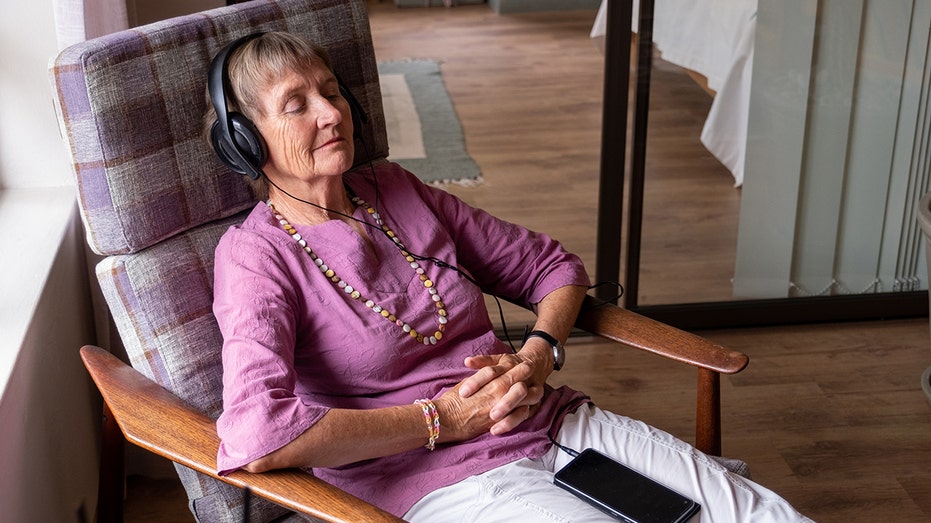
BREAKING: A groundbreaking study from Monash University in Melbourne, Australia, reveals that seniors over 70 who regularly listen to music can reduce their risk of developing dementia by nearly 40%. This urgent finding underscores the potential of music as a simple yet powerful tool for cognitive health.
The study, which tracked over 10,800 adults aged 70 and older, indicates that those who consistently engage with music exhibit a 39% lower risk of dementia, a condition affecting approximately 57 million people worldwide, according to the World Health Organization. Participants who played musical instruments saw a 35% reduction in dementia risk.
Researchers, led by honors student Emma Jaffa and Professor Joanne Ryan, found an even greater protective effect among those who both listened to and played music. Regular musical involvement not only lowered dementia risk but also improved overall cognitive function and episodic memory.
“Identifying strategies to prevent or delay the onset of dementia is critical,” stated Professor Ryan. She emphasized that brain aging is influenced not just by age and genetics, but also by personal choices and lifestyle factors.
The results were published last month in the International Journal of Geriatric Psychiatry and show that music activities can significantly reduce the risk of mild cognitive impairment by 22%. This condition is less severe than dementia but can be a precursor to more serious cognitive decline.
Despite the promising findings, experts caution that while engaging with music is beneficial, causation has not been definitively established. The researchers noted, “Music activities may be an accessible strategy for maintaining cognitive health in older adults.”
The study also pointed out that the benefits of music were most significant among older adults with higher education levels, particularly those who completed at least 16 years of schooling. Results were mixed for those with moderate education.
As the global population ages, these findings highlight the importance of maintaining mental and social engagement through hobbies like music. While some experts advocate for brain training, others, including Dr. Morten Scheibye-Knudsen from the University of Copenhagen, urge caution, stating that the science is still evolving.
“Engaging in music can also enhance social interactions, which are crucial as we age,” Dr. Scheibye-Knudsen explained.
As this study gains traction, it raises critical questions about lifestyle choices and their impact on cognitive health in later life. Seniors and caregivers are encouraged to explore music as a viable means of enhancing mental well-being.
Stay tuned for more updates on this developing story that could change how we approach aging and cognitive health.





